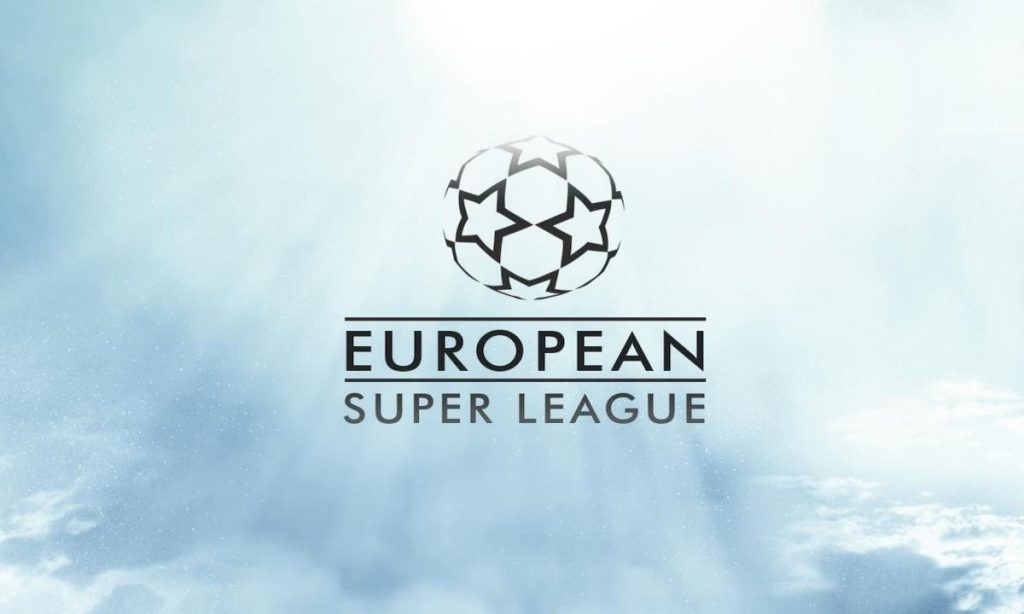Unthinkably, the group behind the initial European Super League calamity are proposing the idea again with some slight changes.
The initial attempt to form a breakaway competition was led by 12 clubs in April 2021. The outcry that ensued resulted in protests, and the Premier League’s big six backed out within 72 hours.
However, Real Madrid and Juventus have continued to work on the idea with sports management company A22. This time, there are some vague promises about a system of promotion and relegation. Predictably, the fresh proposals involve more teams and even more games added to a claustrophobic schedule.
Read: PGMOL Admits To ‘Significant Errors’ In VAR Rulings Over The Weekend
A22 have done quite a good job at pointing out flaws with the current football infrastructure. They are right – the inequality and lack of competitive balance does need to be addressed.
The problem is, nobody believes a European Super League is the solution and nobody believes that creating a meritocracy is their intention.
“The foundations of European football are in danger of collapsing,” A22 CEO Bernd Reichart said.
“It’s time for a change. It is the clubs that bear the entrepreneurial risk in football.
“But when important decisions are at stake, they are too often forced to sit idly by on the sidelines as the sporting and financial foundations crumble around them.”
It is undeniably problematic when clubs like Real Madrid and Juventus struggle to compete financially with the likes of Bournemouth. However, it’s a tad disingenuous for them to say they’re prohibited from competing at all.
Read: Manchester City Charged With Over 100 Financial Rule Breaches
They themselves are beneficiaries of their own domestic monopolies. Juventus win Serie A every year unless they are incompetent or another team performs unbelievably. They may not win the Champions League because that’s difficult, but they’re always in the conversation.
Real Madrid are the current Champions League holders, and have won it five times in the last eight years. It will be them or Barcelona who win La Liga every year.
The European Super League is not interested in merit, it is interested in securing the financial futures of its stakeholders. Stakeholders who, by the way, have been wildly irresponsible with the gargantuan sums of money they work with. Everybody knows this. Everybody dislikes this. Yet the ESL continues on unabashed.
We all cling to our romanticised view of football, however increasingly difficult that becomes. Will whatever idealism is left triumph or will, as the sport repeatedly proves, money talk?










